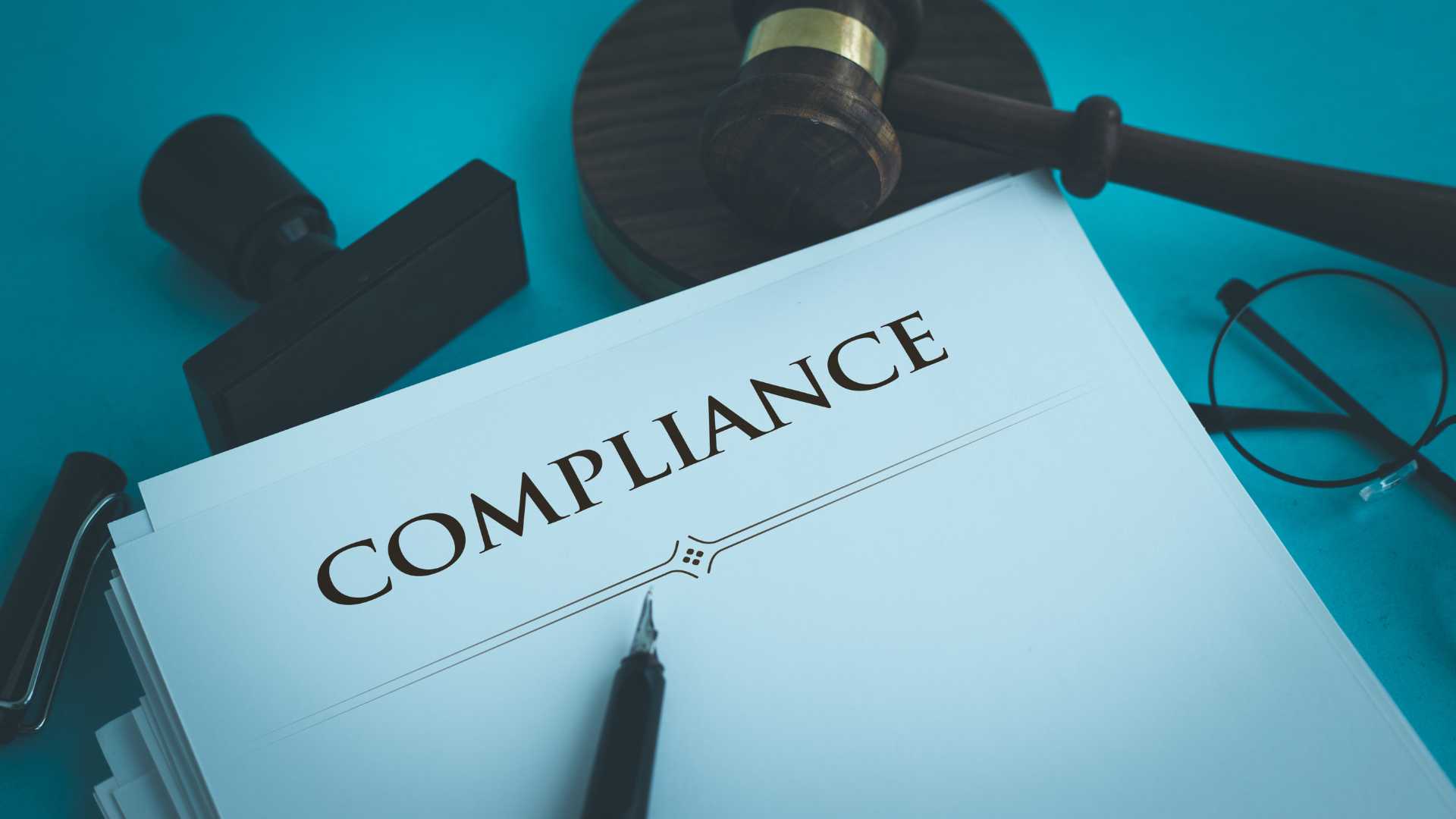Helping South African Businesses Meet Their Labour Law Compliance Goals in 2025
If you’re a South African business looking to enhance your B-BBEE scorecard and stay on the right side of the law, it’s time to get serious about the Employment Equity Act. Especially with the upcoming annual reporting deadline, getting your house in order isn’t just a tick-box exercise; it’s a strategic move.
In this article, we’ll unpack what the Act requires of you, how it connects to your B-BBEE goals, and why partnering with experts like BE Empowering can help you turn compliance into a competitive edge in 2025 and beyond.
What Is the Employment Equity Act?
The Employment Equity Act (EEA), originally introduced in 1998 and updated through several amendments, is a cornerstone of South African labour law compliance. It aims to promote equal opportunity and fair treatment in the workplace by eliminating unfair discrimination and implementing affirmative action for designated groups: Black people (African, Coloured, and Indian), women, and people with disabilities.
The Department of Employment and Labour requires certain businesses, known as designated employers, to submit an annual Employment Equity Report (EEA2 and EEA4 forms) by 15 January 2026 (for manual submissions) or 15 October 2025 (for online submissions).
But meeting the minimum requirements isn’t enough anymore. The 2022 Employment Equity Amendment Act, signed into law and effective from 1 September 2024, brought major changes. Now, more than ever, businesses must approach Employment Equity proactively and strategically.
Key Changes to the Act (as of 2025)
To keep things clear, here’s a breakdown of what’s new and what it means for you:
Change | What It Means | Why It Matters |
Sector-specific numerical targets | Employers must align their workforce plans to targets set by the Minister per sector | Compliance now involves industry benchmarking, not just internal goals |
Simplified definition of ‘designated employer’ | Only businesses with 50+ employees, regardless of turnover, are now included | Small enterprises are off the hook—large ones are more accountable |
Labour inspectors and enforcement | Increased power to audit and issue compliance orders | Non-compliance could cost you fines and B-BBEE points |
B-BBEE Certificate link | Only compliant companies can be issued a Certificate of Compliance (required for B-BBEE) | No compliance = no points = no tenders or major contracts |
So if your business falls under the new definition of a designated employer, you must submit your reports and align your internal practices with the new sector targets, or risk financial penalties and B-BBEE scorecard losses.

Why the Employment Equity Act Matters for B-BBEE
Here’s where strategy comes in. Employment Equity is more than a legislative obligation; it’s a lever for driving transformation and improving your B-BBEE scorecard, especially under the Management Control and Skills Development elements.
Failing to comply with Employment Equity could mean:
- Losing out on public sector tenders
- Missing supply chain opportunities with corporates
- Falling behind in an increasingly transformation-focused market
Meanwhile, compliant businesses can unlock real value by:
- Gaining more B-BBEE points
- Strengthening their HR and transformation frameworks
- Attracting top talent who value inclusive workplaces
In short, aligning with the Employment Equity Act positions you as a forward-thinking, opportunity-ready organisation in 2025.
Employment Equity Reporting Checklist for 2025
Need a quick snapshot of what you should be doing right now? Here’s your go-to list:
– Determine if you’re a designated employer under the new definition
– Identify and understand your sector’s numerical targets
– Draft and implement an updated Employment Equity Plan
– Prepare your EEA2 and EEA4 reports
– Submit online by 15 January 2026 (or manually by 15 October 2025)
– Maintain records of consultation and communication with your EE Committee
– Ensure alignment with your overall B-BBEE strategy

How BE Empowering Helps You Win at Compliance
Navigating the Employment Equity Act, especially after the recent amendments, can feel like walking a tightrope. That’s where BE Empowering steps in. With our deep experience in B-BBEE strategy, transformation planning, and compliance management, we don’t just help you meet the requirements; we help you use them to grow.
We offer:
- Custom Employment Equity Plans aligned with sector targets
- EE Committee training and consultation guidance
- Full report preparation and submission support
- Integrated compliance and B-BBEE scorecard alignment
- Ongoing transformation strategy development
Whether you’re reporting for the first time or adjusting to the new rules, we tailor our support to your unique business needs.

Don’t Miss the Deadline, Let’s Get You Compliant & Competitive
South African businesses can no longer afford to treat Employment Equity as an afterthought. It’s a legal must-do and a business can-do. With the right partner, compliance becomes part of a smart growth strategy.
Ready to simplify Employment Equity and optimise your B-BBEE scorecard?
👉 Get in touch with BE Empowering to explore our customised solutions and make compliance a competitive advantage in 2025.




